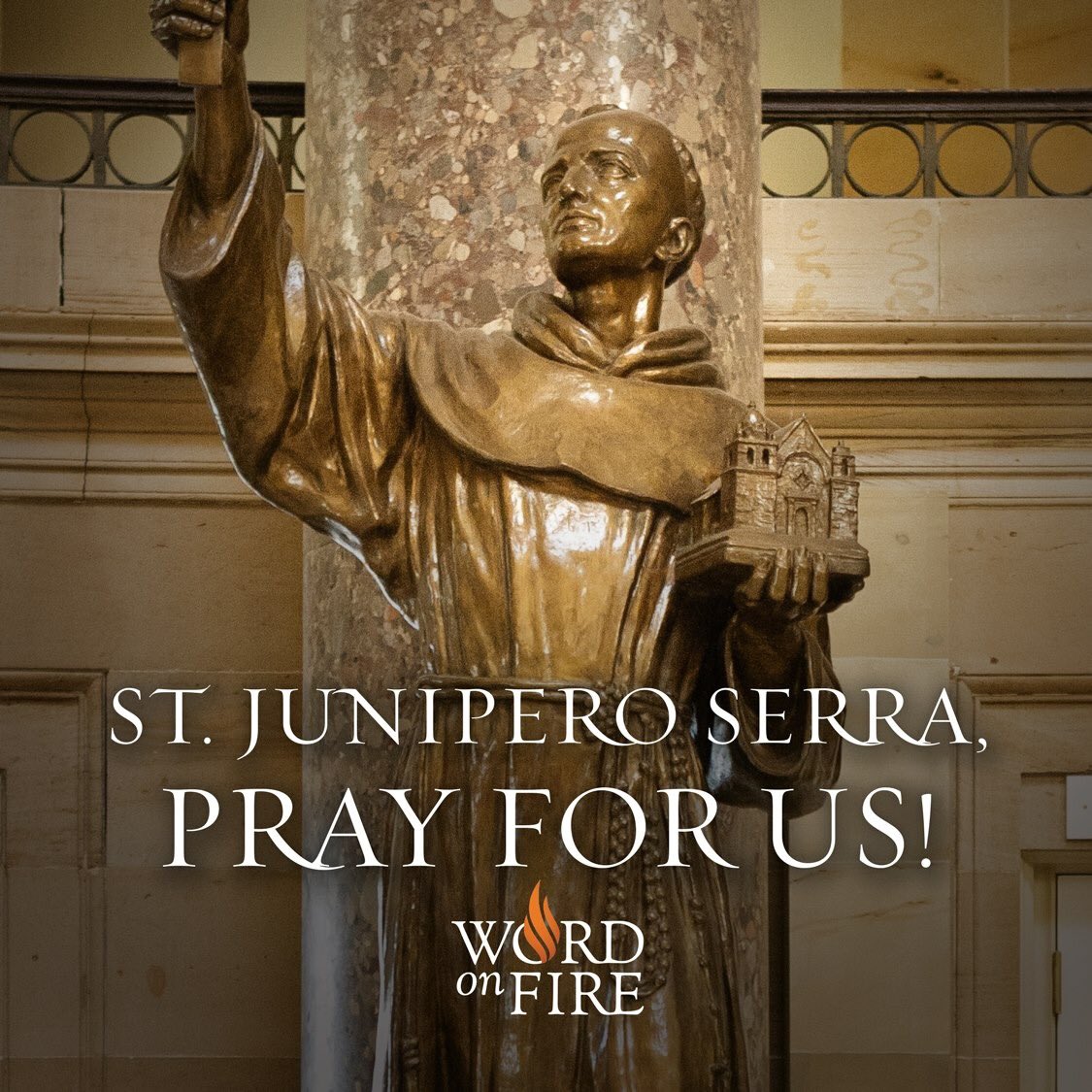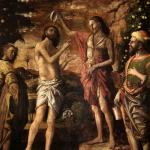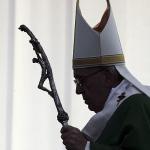1.
God asks everything of us, yet at the same time he offers everything to us. #PopeFrancis
— Bishop Barres (@BishopBarres) March 10, 2016
2. Be focused by the guidance of St. Leo the Great from the second reading in the Office of Readings of the Liturgy of the Hours today is exactly what I needed this Lenten Thursday:
True reverence for the Lord’s passion means fixing the eyes of our heart on Jesus crucified and recognizing in him our own humanity.
The earth—our earthly nature—should tremble at the suffering of its Redeemer. The rocks—the hearts of unbelievers—should burst asunder. The dead, imprisoned in the tombs of their mortality, should come forth, the massive stones now ripped apart. Foreshadowings of the future resurrection should appear in the holy city, the Church of God: what is to happen to our bodies should now take place in our hearts.
No one, however weak, is denied a share in the victory of the cross. No one is beyond the help of the prayer of Christ. His prayer brought benefit to the multitude that raged against him. How much more does it bring to those who turn to him in repentance.
Ignorance has been destroyed, obstinacy has been overcome. The sacred blood of Christ has quenched the flaming sword that barred access to the tree of life. The age-old night of sin has given place to the true light.
The Christian people are invited to share the riches of paradise. All who have been reborn have the way open before them to return to their native land, from which they had been exiled. Unless indeed they close off for themselves the path that could be opened before the faith of a thief.
The business of this life should not preoccupy us with its anxiety and pride, so that we no longer strive with all the love of our heart to be like our Redeemer, and to follow his example. Everything that he did or suffered was for our salvation: he wanted his body to share the goodness of its head.
First of all, in taking our human nature while remaining God, so that the Word became man, he left no member of the human race, the unbeliever excepted, without a share in his mercy. Who does not share a common nature with Christ if he has welcomed Christ, who took our nature, and is reborn in the Spirit through whom Christ was conceived?
Again, who cannot recognize in Christ his own infirmities? Who would not recognize that Christ’s eating and sleeping, his sadness and his shedding of tears of love are marks of the nature of a slave?
It was this nature of a slave that had to be healed of its ancient wounds and cleansed of the defilement of sin. For that reason the only-begotten Son of God became also the son of man. He was to have both the reality of a human nature and the fullness of the godhead.
The body that lay lifeless in the tomb is ours. The body that rose again on the third day is ours. The body that ascended above all the heights of heaven to the right hand of the Father’s glory is ours. If then we walk in the way of his commandments, and are not ashamed to acknowledge the price he paid for our salvation in a lowly body, we too are to rise to share his glory. The promise he made will be fulfilled in the sight of all: Whoever acknowledges me before men, I too will acknowledge him before my Father who is in heaven.
Praying even some of the Liturgy of the Hours everyday can be a great benefit to the Christian life. You see how it helps challenge, nourish, and guide?
3.
Statue of Saint John Ogilvie SJ who today in 1615 was martyred in Glasgow. He is Scotland's only Reformation martyr https://t.co/U4Bj6R9G1N
— Fr Lawrence Lew OP (@LawrenceOP) March 10, 2016
4. Remember us, O Lord, as you favor your people.
Today, four weeks into the Lenten conversion God wants to work in us, we need to ask ourselves how docile we are to everything God has given us to strengthen our faith and help us to grow in our relationship with Jesus. Have we accepted the testimony of John the Baptist pointing to Jesus as the Lamb of God taking away the sins of the world by coming to that Lamb to have him take away our sins in the Sacrament of God’s mercy and get at them at the real roots? Have we accepted the witness of so many miracles — the miracles in the causes of saints, the daily miracles on the altar and the confessional, and so many others — to help increase our faith in the power of prayer by praying with perseverance for the miracles we and others need? Have we embraced the witness of Sacred Scripture by studying the Bible, all it reveals about Christ and about us, and putting its words into practice? Have we accepted the witness of Moses pointing to Christ and really begun to follow the New Moses, Jesus, up close or have we, like many of the Jews in the desert, sought to do our own thing? And have we heard the witness of God the Father and really begun to listen to Jesus and recognize through him that God wants us not only to be but behave always as his beloved and much-pleasing sons and daughters? In this Year of Mercy, we can ask whether we are accepting this five-fold witness of God’s mercy: of John’s indicating the Lamb, of God’s works showing he has the power to forgive sins, of Sacred Scripture testifying to that God is gracious and merciful, of Moses pointing to the New Moses’ intercession before the Father, of the Father’s own witness of sending his Son not to condemn the world but so that it may be saved?
6. Fr. Steve Grunow:
False gods insinuate themselves into our lives, distracting us with promises of an immediate benefit from the reality of long term consequences. They promise us prosperity, freedom, success and enlightenment, while all the setting us up for disaster. Christ offers to save us from the power of false gods, but will we accept his offer or will we refuse. We all must decide.
7.
"Father, I release to you all my frustrations, my dreams and desires of my heart, you know what’s best for me." Amen pic.twitter.com/7CIOEzFTzX
— Immaculee Ilibagiza (@Ilibagiza) March 10, 2016
PLUS: There is genocide happening today. What are we doing to help? Are we praying? More here and here.
















